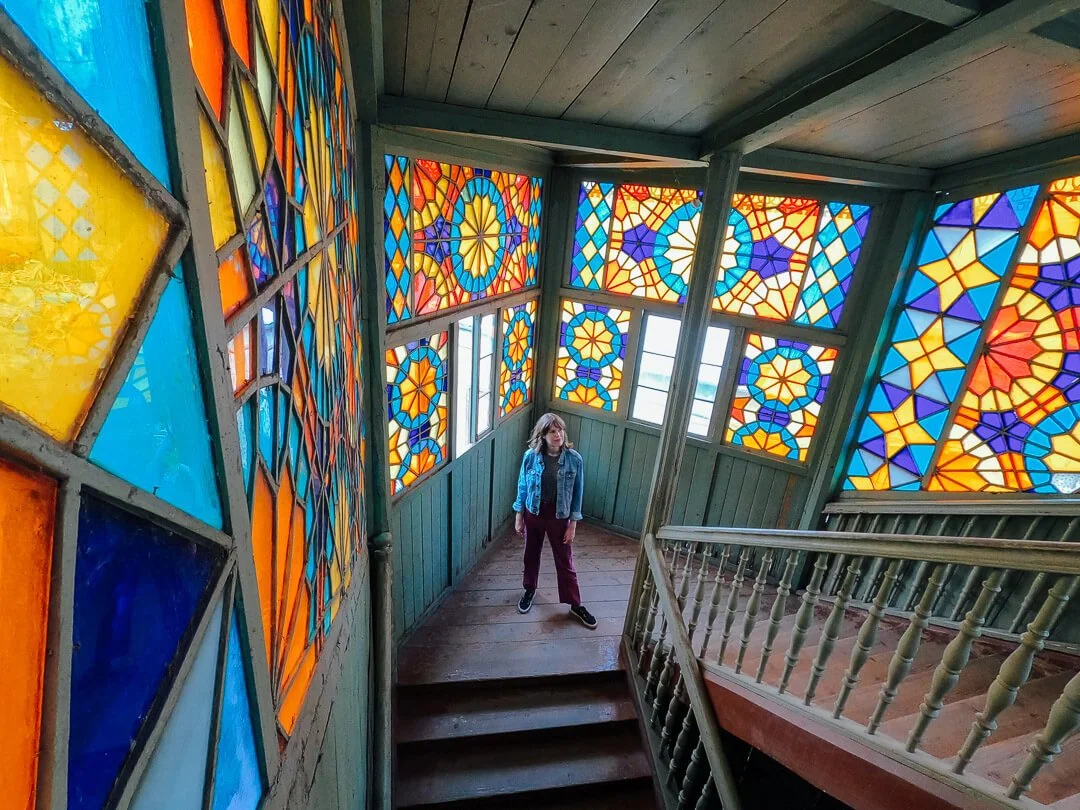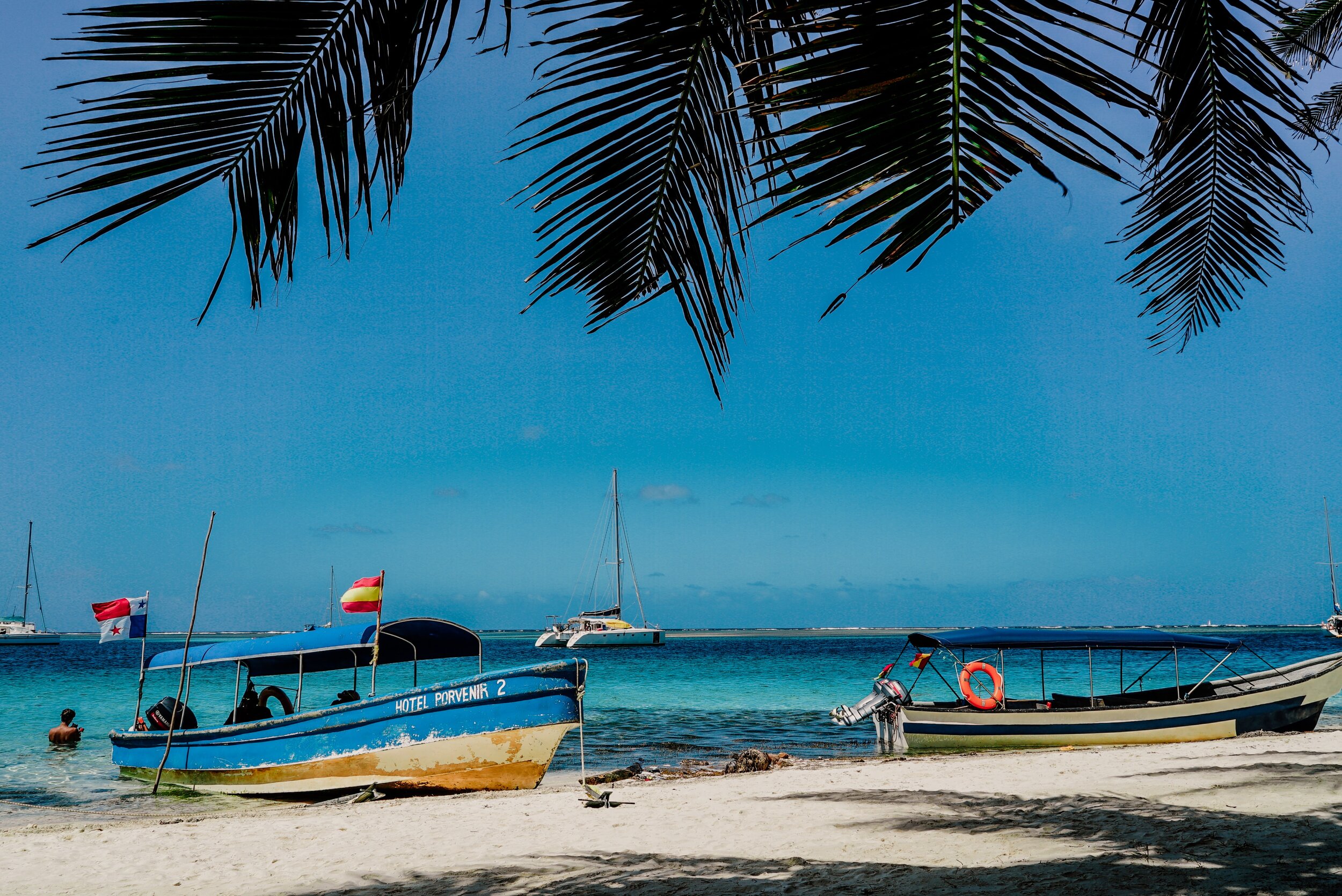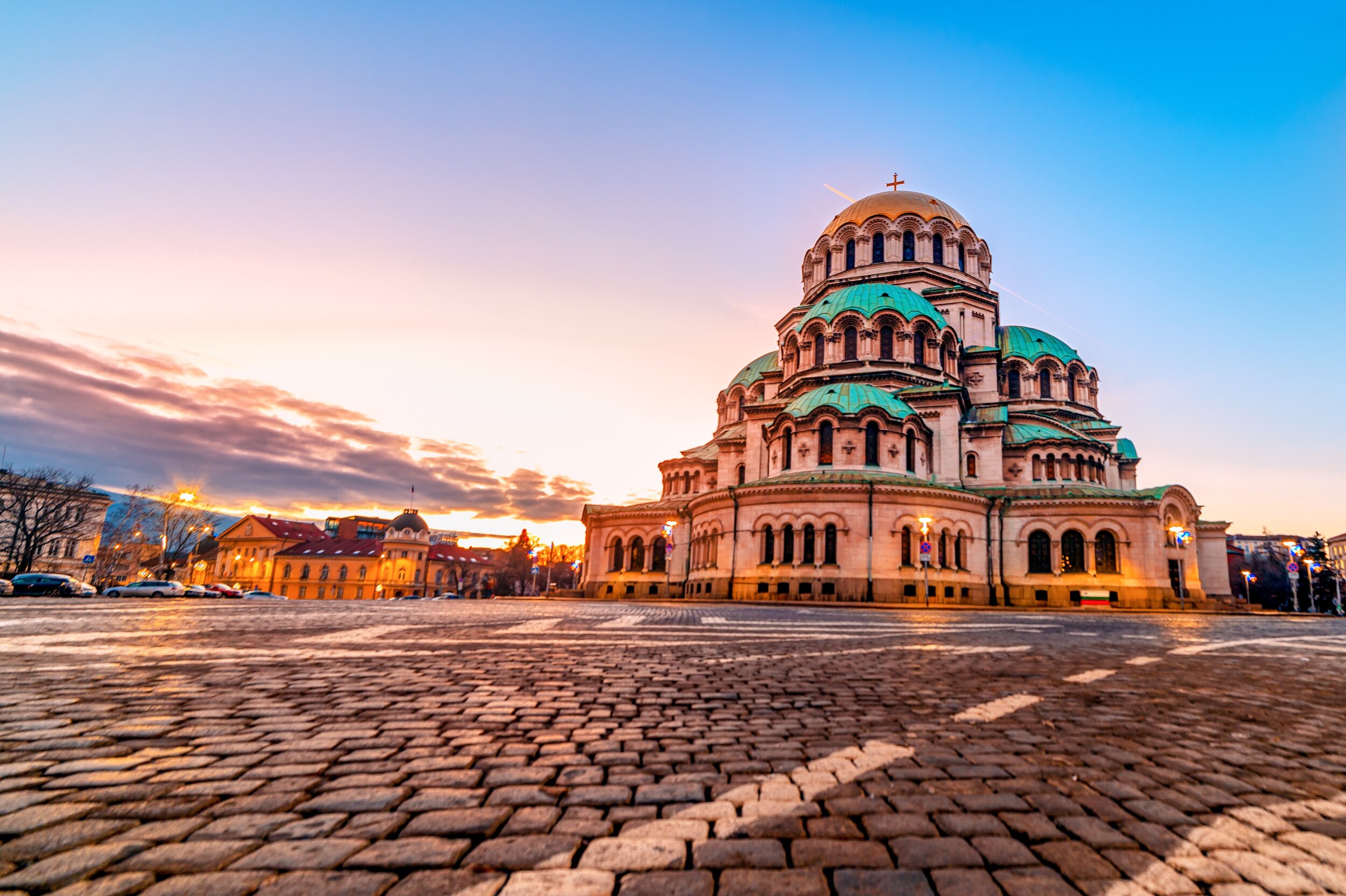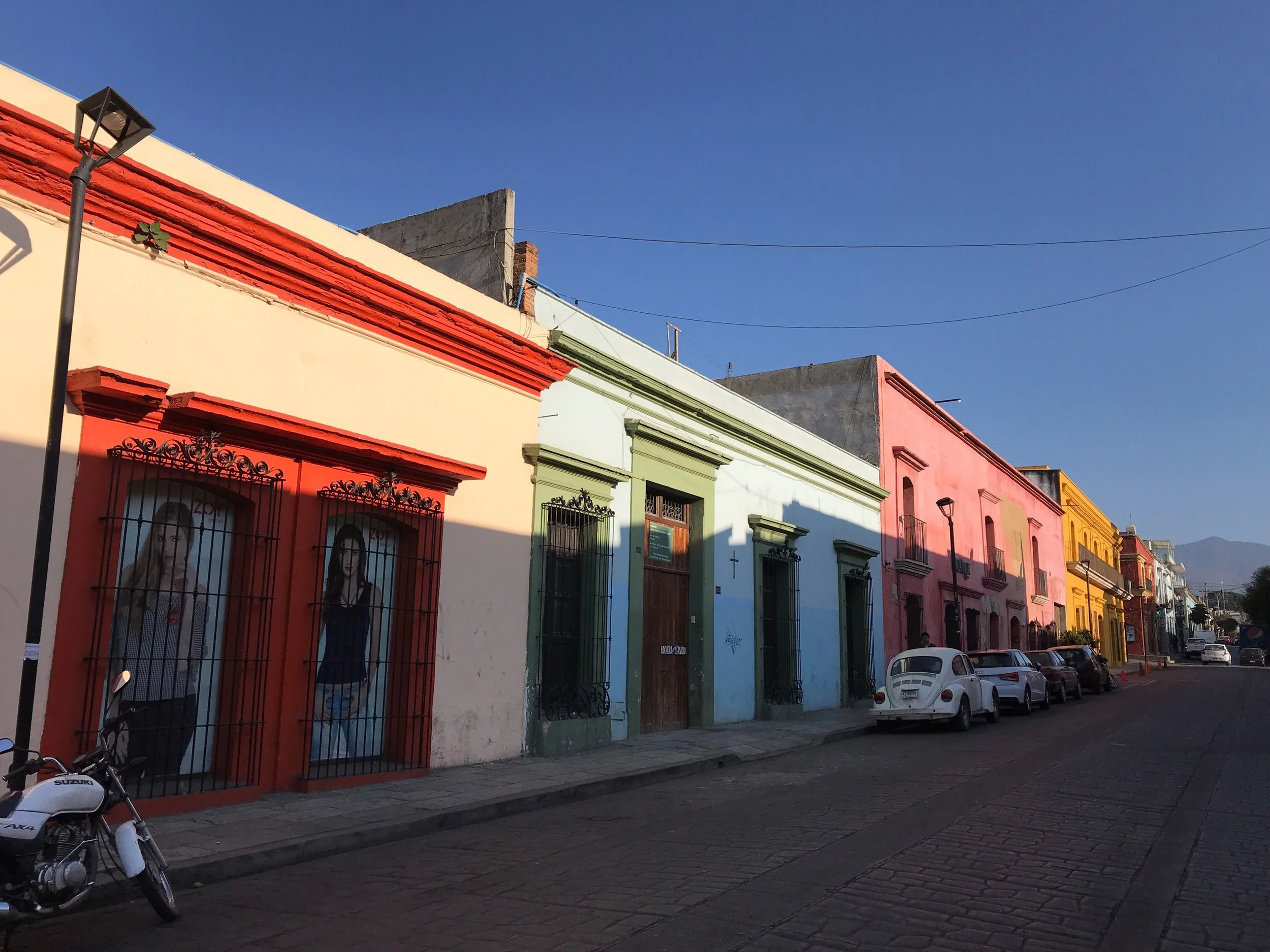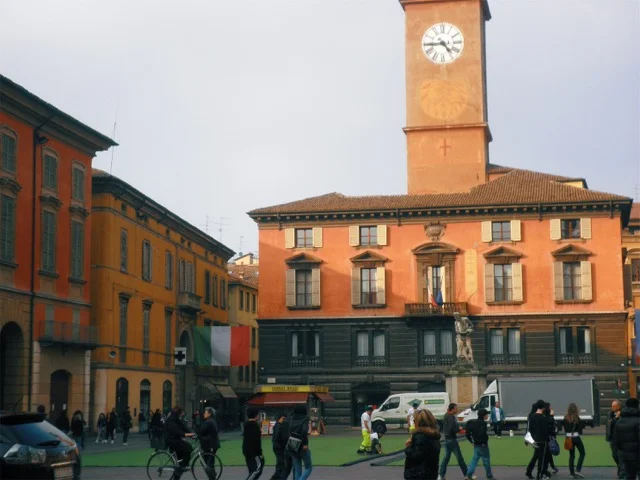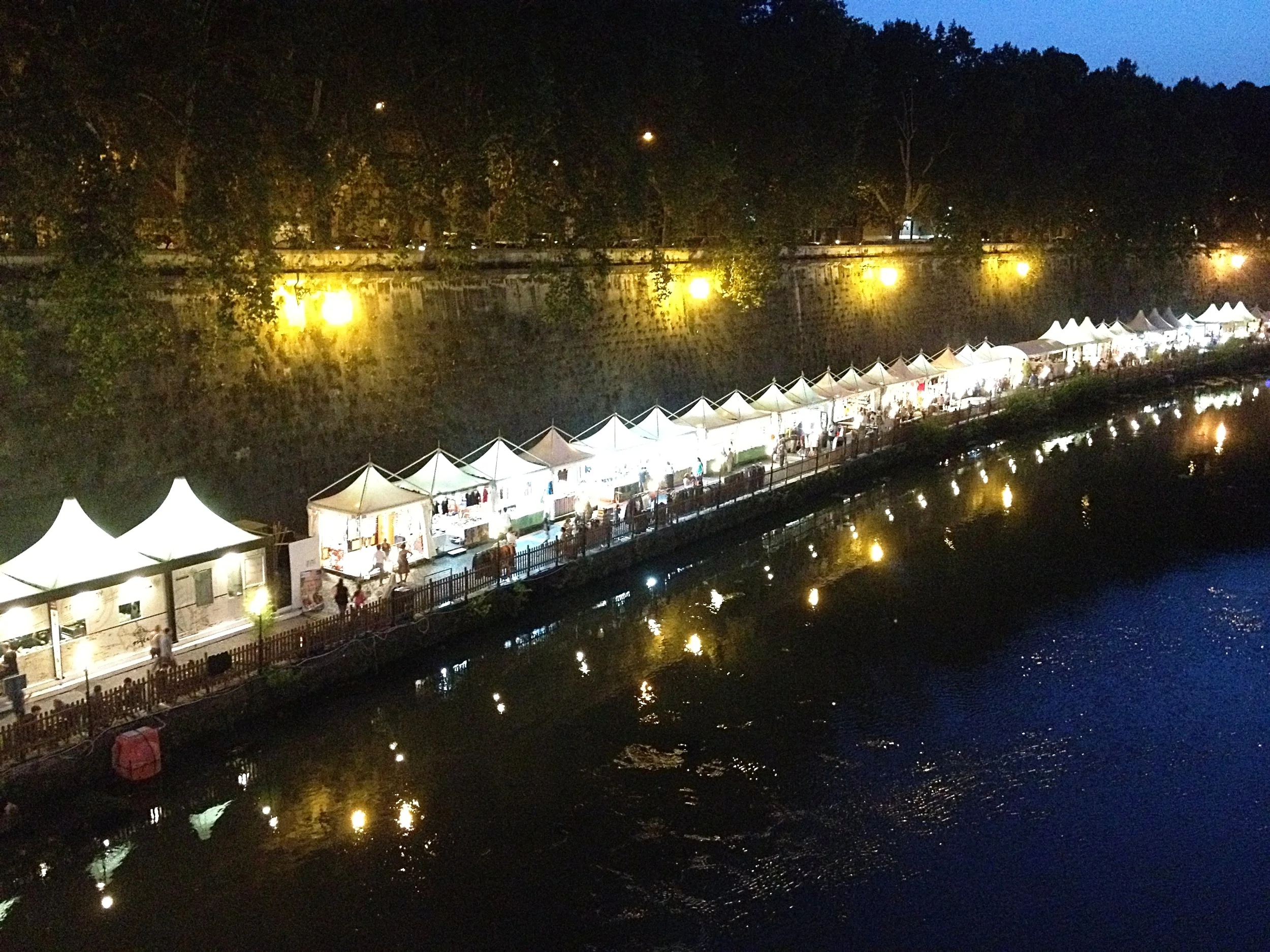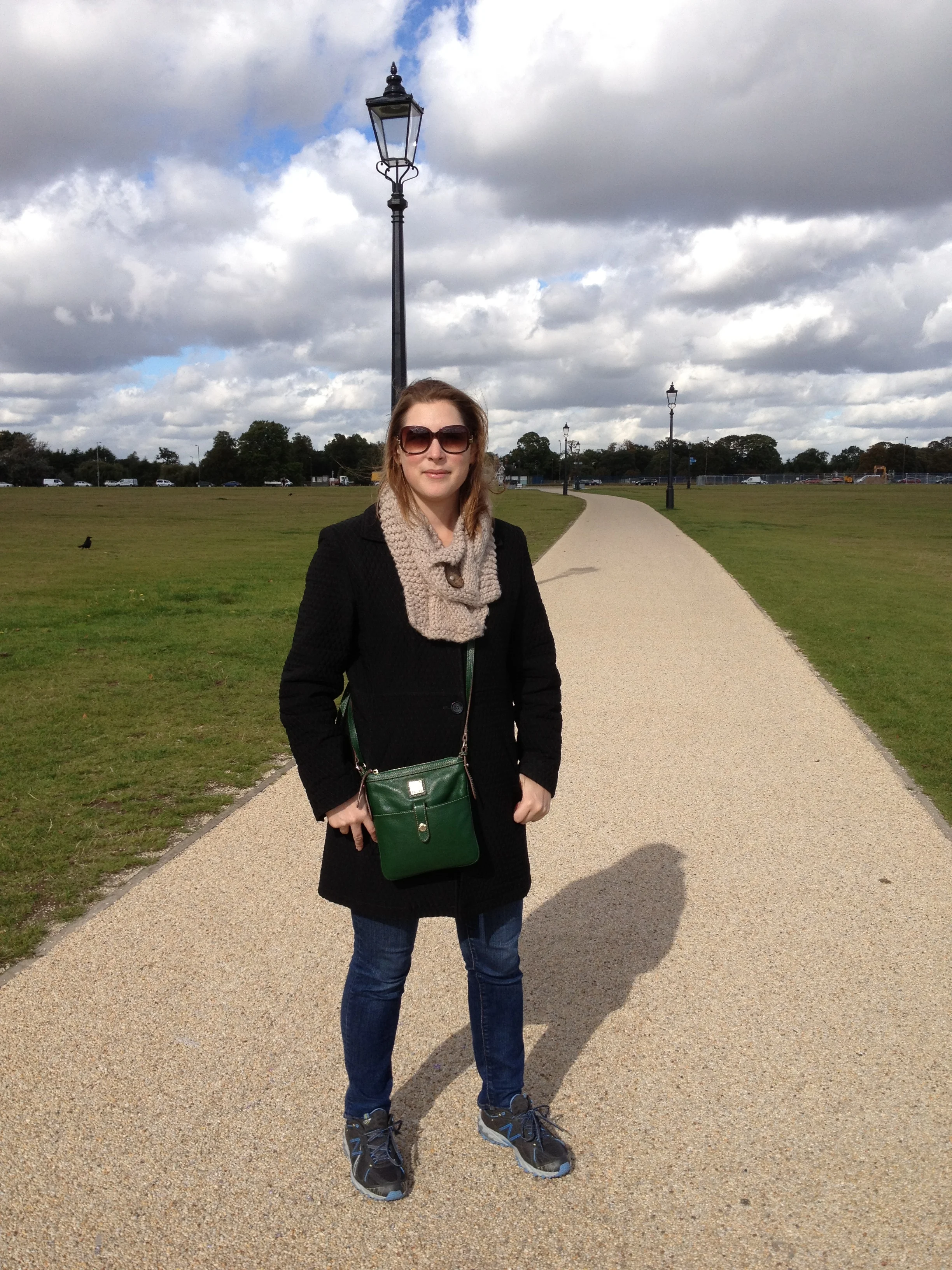Tbilisi is a city of striking contrasts – a mix of European elegance, Persian influence, and gritty Soviet remnants.
Read MoreIf you value year-round great weather, quality of life, and affordable healthcare, you’re in luck! Panama is a very visa-friendly country, with tons of benefits for people who move there for retirement, and great wifi and shared spaces for those still working.
Read MoreIf you’re a history lover who enjoys saving money while getting off the beaten path, then add Bulgaria to your must-see travel list.
Read MoreSpending a semester abroad is the dream of many college students. But Candace Salter wanted to spend all of her university years abroad (did you know that was even possible??). She shares how she did it on the Postcard Academy podcast.
Read MoreHow can you live abroad if you don’t have blood ties, a foreign partner to marry, or a global corporation sponsoring your move? Create an online business where you can work from anywhere! Specifically, create an online course. Natalie Sisson tells us how.
Read More
Willie Gevertz is a visual storyteller from the U.S. who fell in love with Budapest while visiting a friend. The city captivated Willie so much that he moved to Hungary, which is fortunate for us because he’s the best tour guide we could ask for.
Read MoreToday is World Emoji Day. Why? Because the calendar emoji (📅) features the date July 17. Some hotheads get really worked up about emojis having their own day, but it’s all in good fun, like Pizza Day (February 9 in the U.S.). To celebrate, I’m sharing my podcast interview with Jeremy Burge, founder of Emojipedia, and an Australian expat living in London.
Read MoreI used to think dying in a fire would be the worst way to go. I now believe selfie-related deaths top that. Our self-obsessed culture has weighed on my mind in recent days as the world recognized the 75th anniversary of D-Day, the largest air, sea, and land operation in the history of war. On D-Day alone, Nazis killed nearly 4,500 Allied troops and injured many more. In one day. And I keep asking myself: Are we living lives that honor that sacrifice?
Read MoreA lot of the news stories about Brexit are wonky and confusing, so I invited my British friend, Mark Robson, to come on the Postcard Academy podcast to explain what Brexit means in language everyone can understand. In part one, Mark and I dive into some European history to explain how Brexit came to be. In part 2, we talk about how it feels to be living in England during this crazy time, which has been described as serious as WWII, and we share our predictions and dreams for the U.K.
Little Estonia, with less than 1.5 million people, has been running itself like a tech company for about two decades now, giving everyone a digital ID and letting them access almost all government services online. Now they’re letting foreigners become e-Residents of their digital nation. Here’s how.
Read MoreMy friends Daniel and Alinne fell in love when Daniel, an American, lived in Brazil for work as a stunt coordinator. They knew they wanted to stay together, but the U.S. denied Alinne, who’s Brazilian, a visa. To avoid the bureaucracy that plagues multi-national relationships, they decided to travel the world together instead of sticking to one place — and this journey has continued for nearly two years. Volunteering through Workaway has financially enabled them to keep traveling as long as they have. In the latest episode of the Postcard Academy podcast, they share their story and advice on how you can travel more by working your way around the world.
Read MorePersonally, I don’t want Brexit to happen because, as an E.U. citizen, I would like to remain living and working here without any complications or fears of getting kicked out. I also believe in the core tenets of the European Union: human dignity, freedom, democracy, equality, rule of law, and human rights. When expats on my podcast talk about identifying with the values of their adopted European countries, this is what they’re talking about. And in a world seemingly run by cartoon villains happy to destroy democracy and the Earth, a strong and unified Europe that fights for these values is essential.
Read MoreThe no. 1 question American listeners of the Postcard Academy travel podcast ask: How can I live abroad? If you’re not from the EU or a Commonwealth country, this can feel impossible. BUT Americans in search of a better life do have options to live abroad that don’t involve marrying a random.
Read MoreAs I flew from New York to Italy in 2010, I thought, ‘My Sicilian great-grandparents must be spinning in their graves.’ I’d been to Italy before, but this time I was moving to Reggio Emilia alone to apply for Italian citizenship.
Read MoreThey use more slang here and their use of the language charms me. I met up with an Italian for a conversation exchange Friday and she brought a London travel book, which was filled with comments such as “Next time we’re at this homely spot, we’ll plump for the Victorian sponge,” which I attempted to interpret for my new friend. My flatmate and I recently had our own misunderstanding online.
Read MoreI’ve experienced so much in the last few months, and actually feel like an Italian resident rather than just a visitor. I’ve made some great friendships and enjoyed living in Reggio Emilia, a progressive city that has everything from theatre to bookshops to cafes. There is a ton of green space and the recycling system is more advanced than in any other city I’ve lived in. Strangely, very often I found myself defending Reggio to the natives. “You came from New York? Why are you here? It’s so boring!” I think the city is great, and secretly many of them must, too, because for all their lamenting, they don’t leave.
Read MoreOn March 17, My roommates and I went to Dimmelotu in honor of Italian Unification Day, but really it was just an excuse to go out. No Italians I know care that Italy has been a unified country for 150 years, and they only celebrate this fact every 50 years or so. The Festival of the Republic is much more important and is recognized annually on June 2. In 1946, Italians voted to end the monarchy (which had backed Mussolini) and become a republic.
Read MoreItaly is famous for it’s bureaucracy, but I received my Italian identity card in Reggio Emilia in two months. The same process would have taken more than a year at the Italian consulate in New York, famous for being mean and arbitrary.
Read More
